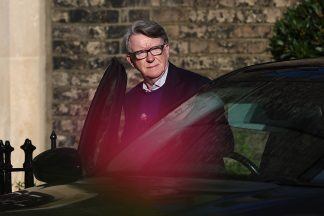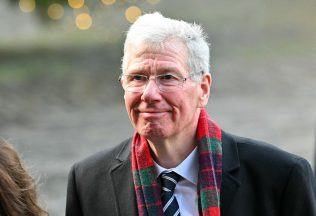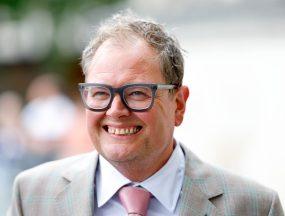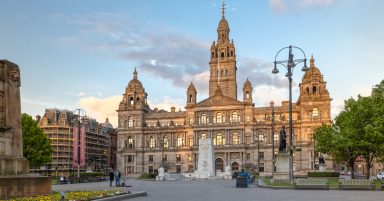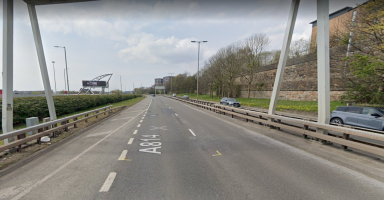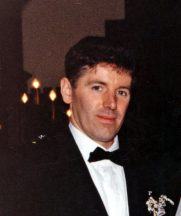Seeing huge queues of people waiting to get into COP26 is “really concerning” amid the pandemic, a public health expert has said.
The UN climate change conference at the SEC in Glasgow was hit by a second day of queuing on Tuesday, with crowds waiting for more than an hour to get inside.
Professor Devi Sridhar, a professor of global public health at the University of Edinburgh, said seeing pictures of hundreds of people in close proximity has left her anxious knowing how “fragile” the situation has been.
“Will it lead to a spike, will it lead to a wave, will actually the mitigation measures have been enough?”
Professor Devi Sridhar
Scotland’s health secretary, Humza Yousaf, on Tuesday warned there are “early signs” that coronavirus case numbers could start to increase again and cited the summit as being one possible reason for this.
Asked about the queues at COP26, Professor Sridhar told BBC Good Morning Scotland: “It is really concerning, this week I have been quite anxious seeing all that and knowing how fragile the situation has been.
“We’ve controlled the situation for quite a long time. Can we control it even after this big gathering, that’s the question.
“Will it lead to a spike, will it lead to a wave, will actually the mitigation measures have been enough?
“I know they thought a lot about making sure people were fully vaccinated, people were testing, it’s a really tricky one because obviously this is the worst timing ever during a pandemic but at the same time I listened to those people who work in climate and they are saying now is the time, if not now we have an existential threat to humanity.”
Each person attending COP26 must show proof of a negative coronavirus test and people were also asked to provide information about their vaccination status as part of the accreditation process.
Yousaf on Tuesday said that the “scale and worldwide draw” of the summit – which has attracted more than 120 world leaders – “poses a risk of spread of Covid-19 both within delegates and to or from the local population of Scotland and the UK”.
He said there early signs that case numbers may increase again and described the situation as “precarious”.
Professor Sridhar said this was “pretty concerning” and called on everyone to work together using the tools available to keep the situation under control.
She said: “Any increase in cases will put a load on hospitals. Vaccines have helped us reduce the burden of hospitalisation but haven’t completely broken that link and so when cases go up there is going to be the wave of hospitalisations too, albeit much lower than we had pre-vaccination.
“So I think all of us have to work together to say what tools do we have compared to a year back to have a much better winter in terms of keeping businesses open, keeping people in jobs but also making sure hospitals don’t collapse because that means that basically people will be turned away from care and we will have people dying, which could be prevented if they could see a doctor or a trained medical professional.”
Follow STV News on WhatsApp
Scan the QR code on your mobile device for all the latest news from around the country


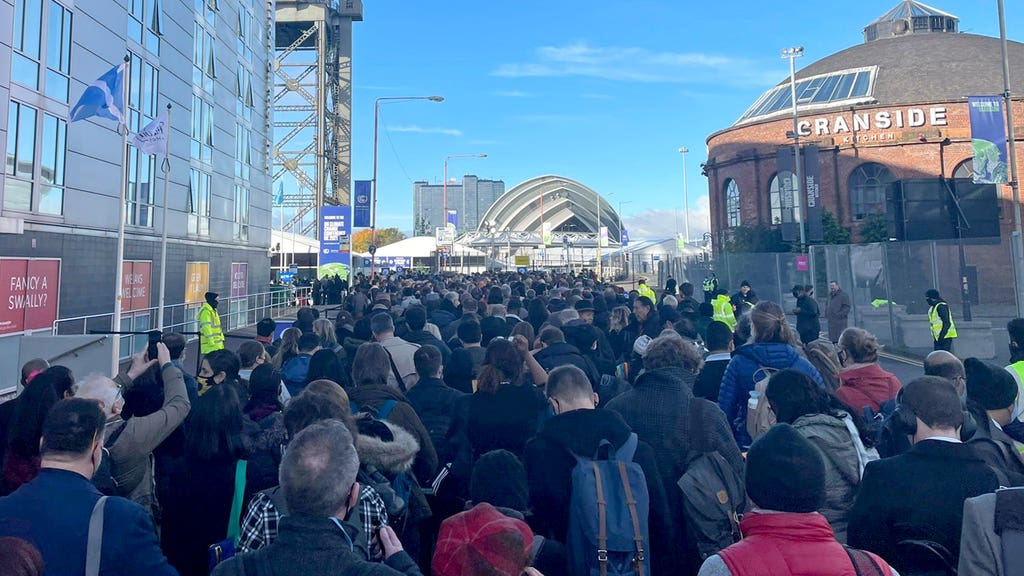 PA Wire
PA Wire

